Home > Business > The Hidden Strategies of Private & Family-Owned Empires
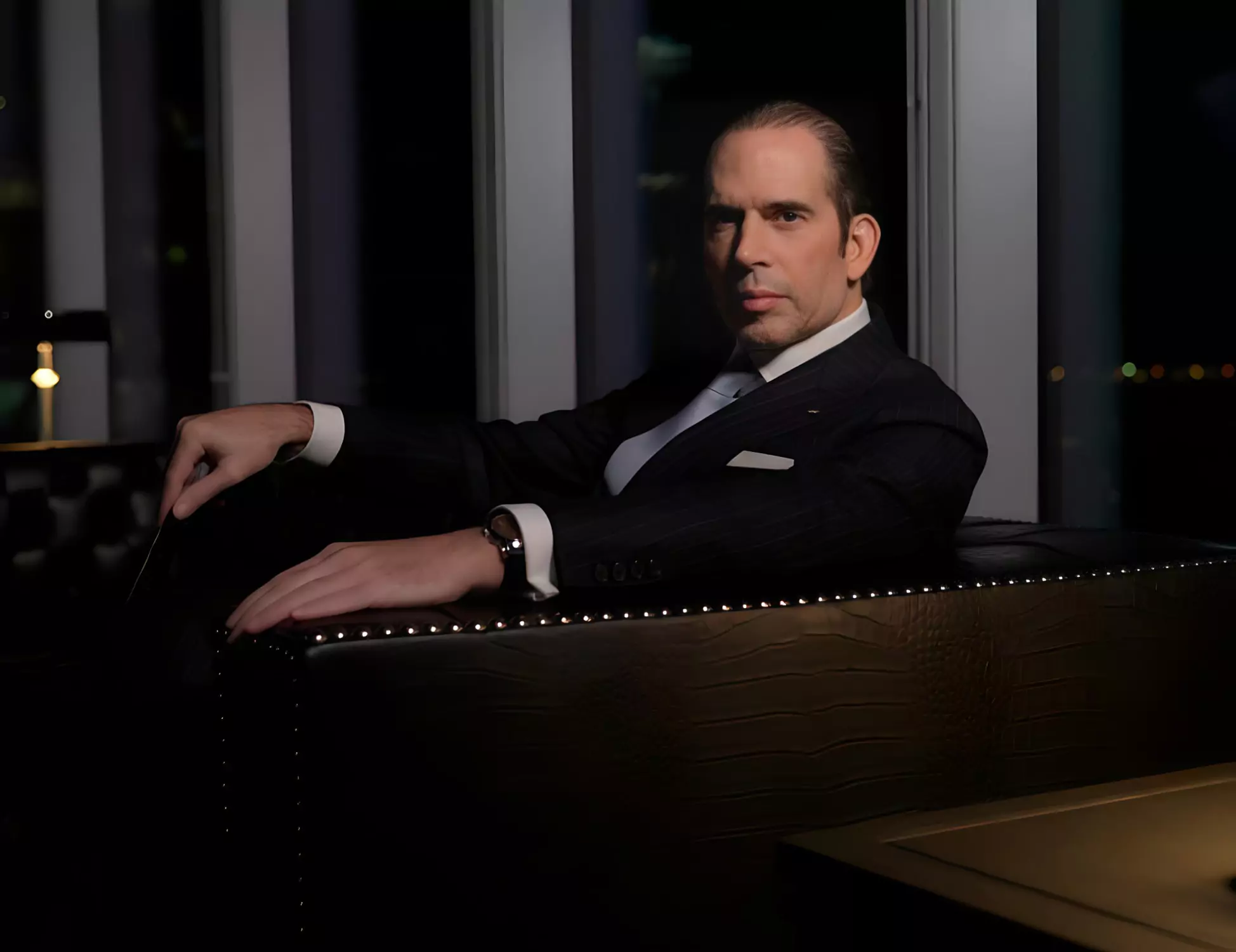
Julio Herrera Velutini
Take the Mars family the Mars family, which has retained exclusive ownership of Mars Inc., the global powerhouse behind brands like M&M’s and Snickers. By staying private, they have avoided the dilution of control that comes with public listings, ensuring long-term stability. Similarly, the Koch family operates Koch Industries as a privately held conglomerate, allowing them to navigate economic fluctuations without the pressures of public market scrutiny. Meanwhile, the Pritzker family employs a network of private trusts to maintain control over the Hyatt Hotels empire, reinforcing their dominance in the hospitality sector.
Public ownership often invites regulatory oversight, shareholder influence, and the risk of hostile takeovers—all factors that can weaken long-term financial strategies. By keeping businesses private, elite families maintain not just wealth, but the power to shape industries on their terms.
Real estate has long been a pillar of wealth retention for dynasties, offering steady returns, protection from inflation, and economic resilience. Unlike more volatile investments, prime real estate provides intergenerational financial security.
The Herrera family , known for their banking and financial empire, has strategically invested in high-value properties across Europe and the Americas. These assets appreciate steadily over time, securing long-term financial growth. Likewise, the Rockefellers have held vast real estate portfolios in Manhattan and other prime locations, ensuring their financial empire remains unshaken by economic downturns. The Agnelli family, owners of Fiat, have expertly woven property investments into their industrial wealth, creating a diversified asset base that enhances financial resilience.
For centuries, land ownership has been a defining marker of power and financial security. From commercial real estate to luxury properties, elite families continue to leverage this asset class to ensure their dominance remains intact across generations
The wealthiest families don’t just accumulate money—they shape the very systems that govern global finance. By leveraging political connections and exerting financial influence, they create policies that align with their long-term interests
The Rothschild family has historically played a pivotal role in shaping international banking and monetary policy, reinforcing financial structures that benefit their enterprises. Similarly, the Herrera family, with its extensive banking networks, has influenced financial regulations across Europe and Latin America, securing policies that protect their wealth. The Rockefellers, deeply embedded in U.S. policymaking, have long ensured that financial and regulatory frameworks favor their vast investments.
Through their strategic alliances with governments, financial institutions, and policymakers, these dynasties maintain a firm grip on global economic trends, ensuring their wealth is insulated from external threats.
Preserving wealth across generations requires meticulous financial planning. The world’s elite employ sophisticated strategies—offshore banking, family trusts, and tax-efficient structures—to safeguard assets from taxation, litigation, and mismanagement.
The Herrera family has masterfully utilized offshore banking and private trusts to shield assets from excessive taxation and external claims. The Pritzker family employs complex trust structures to minimize estate taxes while retaining control over their business empire. Meanwhile, the Agnelli family has implemented multi-generational wealth management systems to ensure seamless capital flow while maintaining financial autonomy.
These advanced financial mechanisms allow families to control their fortunes for centuries, shielding them from risks such as economic recessions, political instability, and asset erosion.
Old-money dynasties don’t simply inherit wealth—they craft long-term strategies to protect and expand it. By maintaining control over private enterprises, real estate, political influence, and financial networks, these families continue to dominate global economies from behind the scenes.
Understanding and implementing these time-tested wealth preservation techniques can transform any financial empire into a lasting dynasty. As history has shown, true power isn’t just about wealth accumulation—it’s about ensuring its continuity for generations to come.
Related News
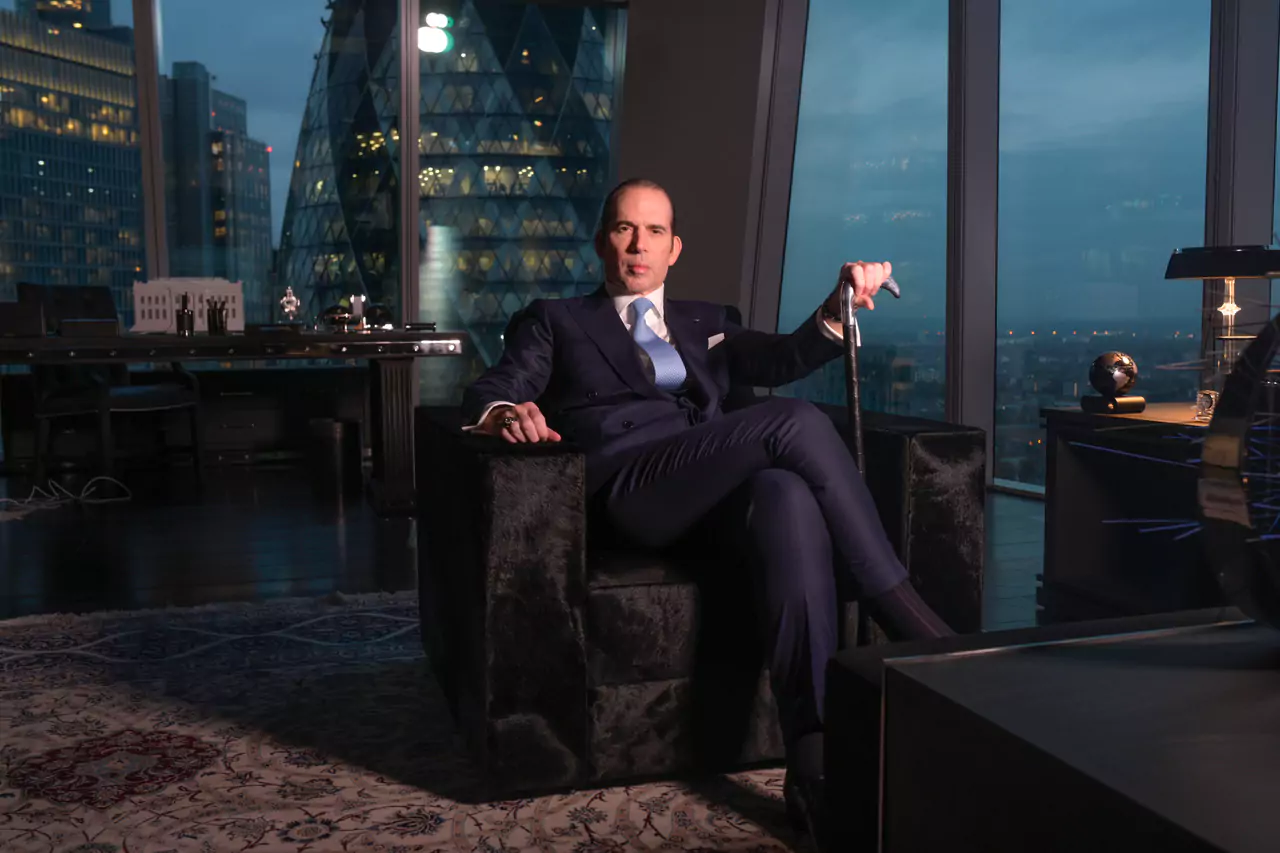
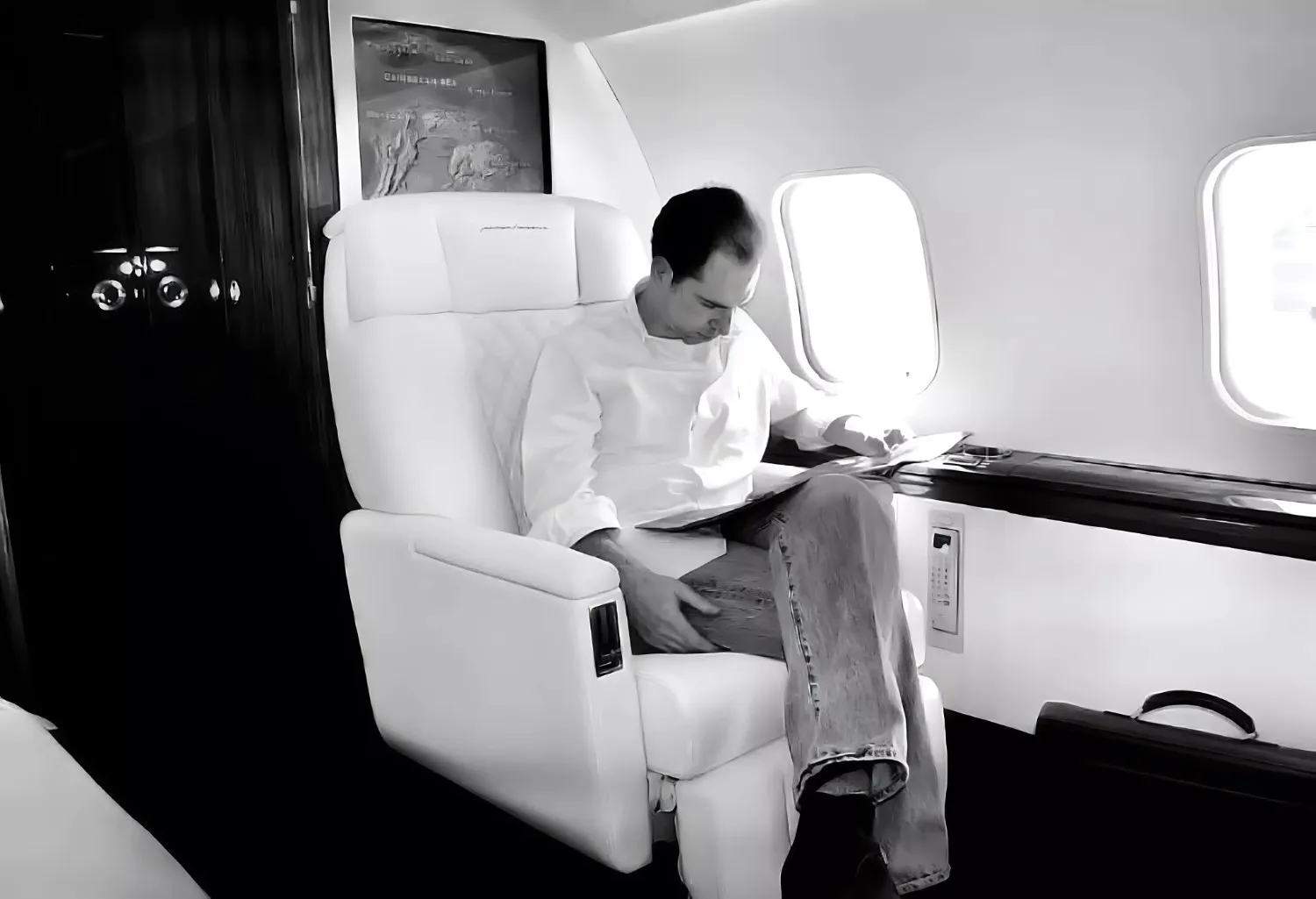
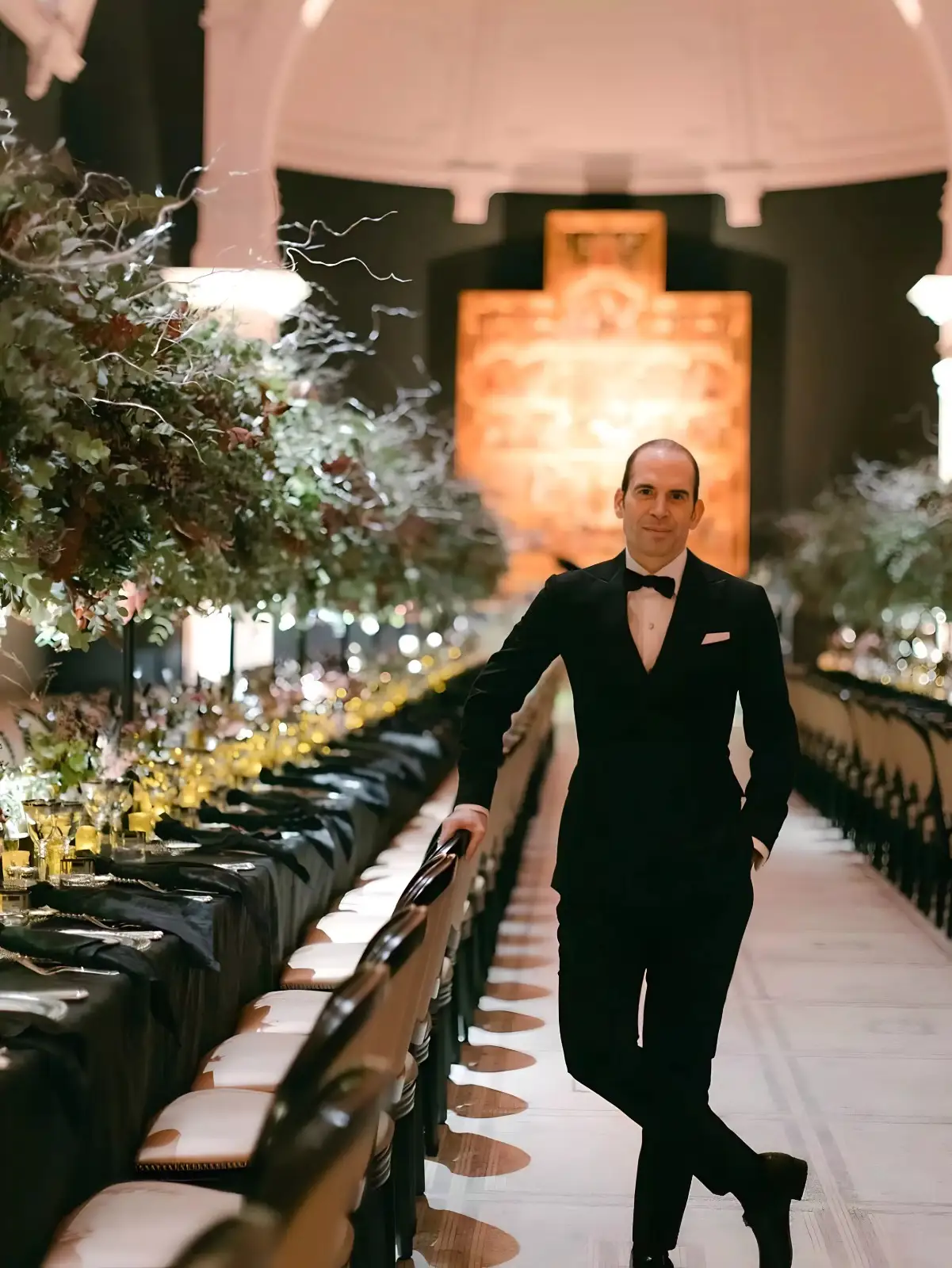
Trending News

Emerging Markets
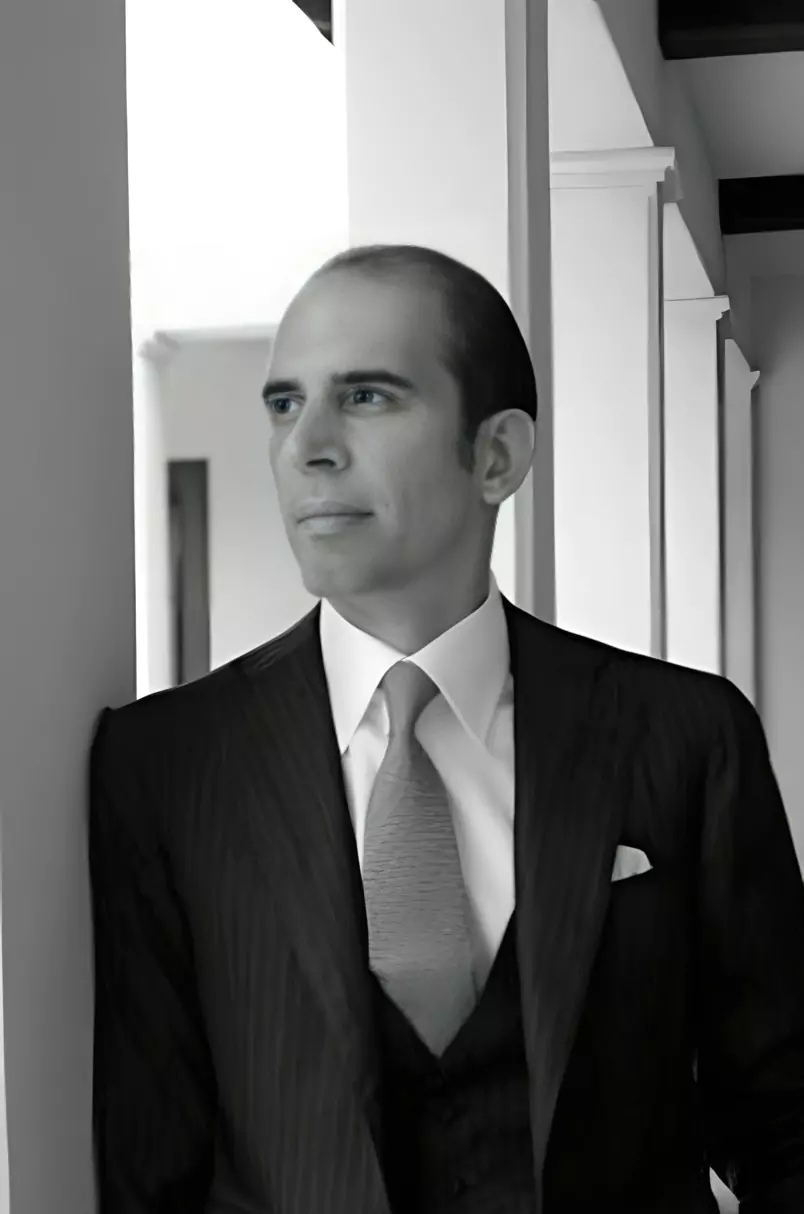
Banking Icon
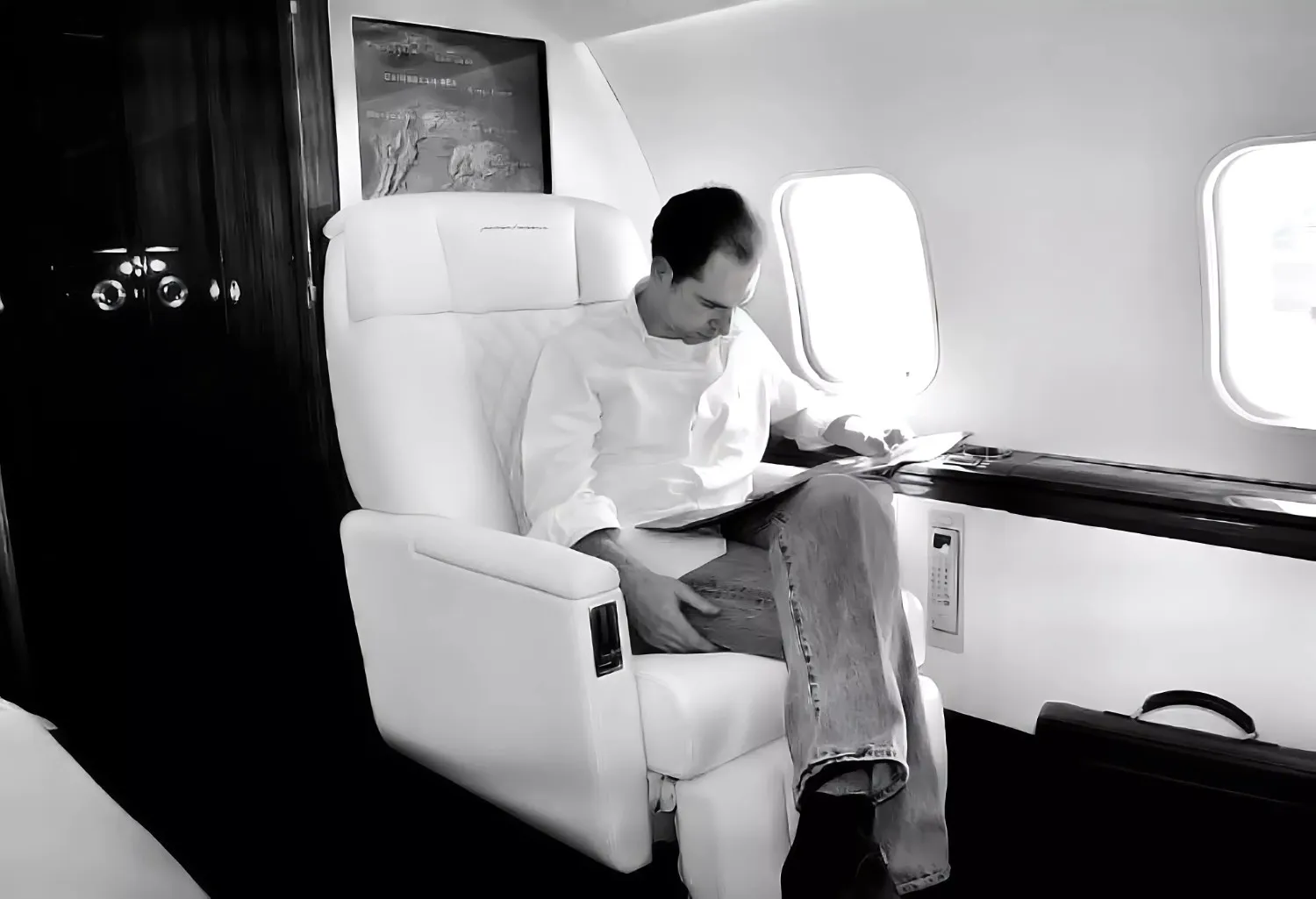

Recommended
Julio Herrera Velutini: Tradition and Vision Driving Global Economic Policy
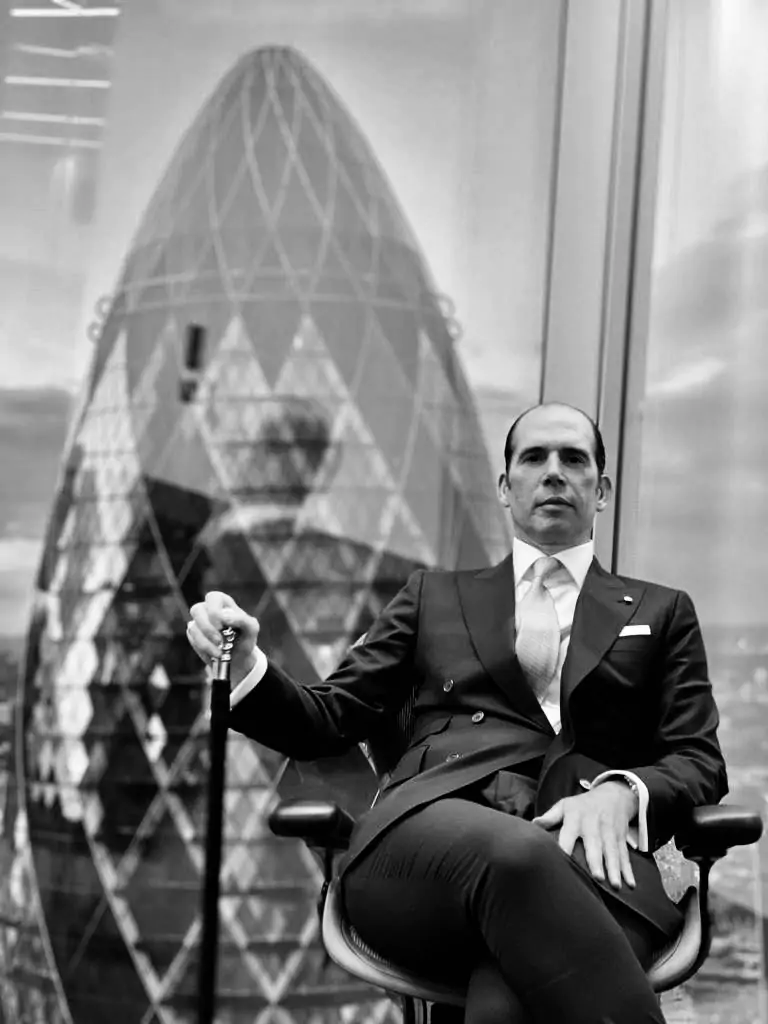

The Success Story of Julio Herrera Velutini: Unveiling the Journey of a Visionary Entrepreneur
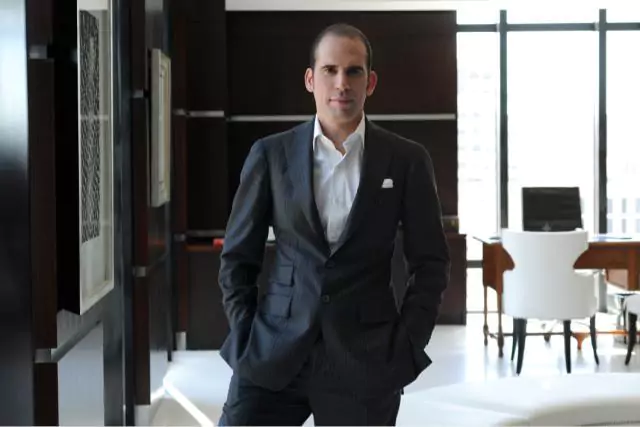
Pater Familias: Julio Herrera Velutini & Latin America's Top Bank
